I’d argue that one of the primary challenges of observing Chinese holidays is that the dates of many major festivals change every year. When your first step toward planning a celebration is making sure you don’t miss the date, it’s not exactly a recipe for success.
Though China adopted the international Gregorian calendar as early as 1912, most traditional holidays and festivals are scheduled according to the Chinese calendar that dates back more than 4,000 years to the Xia Dynasty. For instance, you’ll see a holiday referred to as being on the X day of the Y lunar month or solar term.
This traditional Chinese calendar is lunisolar, meaning it incorporates the movements of both the moon and the sun.
The Chinese calendar’s basic framework is built on the cycles of the moon. There are 12 months in a lunar year, each comprised of a full 29.5 day cycle from the darkness of the “new moon” to the brightness of the “full moon” and back.
Here’s what the Chinese calendar looks like overlaid on the Gregorian calendar:
Solar cycles are then added to the calendar’s lunar framework. With the summer solstice and winter solstice as anchor points, the year is divided equally into 24 “solar terms,” each denoting important agricultural milestones like the starts of seasons or changes in climate.
Here are the 24 solar terms:
And now here’s how it all comes together. The lunar calendar’s 12 months produce years with 354 days, versus 365 days in the solar cycle that governs the Gregorian calendar. To keep the lunar calendar synchronized with the solar calendar, an additional 13th “leap month” is added to the Chinese calendar approximately every third year.
To help keep things straight, remember that the lunar year begins on the 1st day of the lunar month that falls closest to the start of the first solar term, known as the start of spring. (Incidentally, this is why Chinese New Year is referred to as the “Spring Festival.”)
When looking at the rest of the year, it’s really only the dates for traditional Chinese festivals, those based on either a lunar date or a solar term, that vary from year to year. (Official government holidays, Founding Day for instance, are generally the same day every year.)
Traditional Festivals based on a solar term, Qingming Festival for instance, generally vary between 1-3 days every year.
Traditional Festivals based on a lunar date, Chinese New Year for instance, generally vary up to a month from year to year.
At the beginning of the year, I start by converting the dates of the four really big Chinese festivals and adding them to my personal calendar: Chinese New Year; Qingming Festival; Dragon Boat Festival; and, Mid-Autumn Festival. Of course, I would also recommend signing up for our email newsletter to receive reminders and guides before every Chinese holiday.
Additional Resources
READ — If you’d like more specific information, here are lunar calendar conversion tables from the Hong Kong government.
Your turn! Do you have any other questions about the Chinese calendar? I’d love to hear from you in the comments section below!
HT: Photo by Nanning Here.
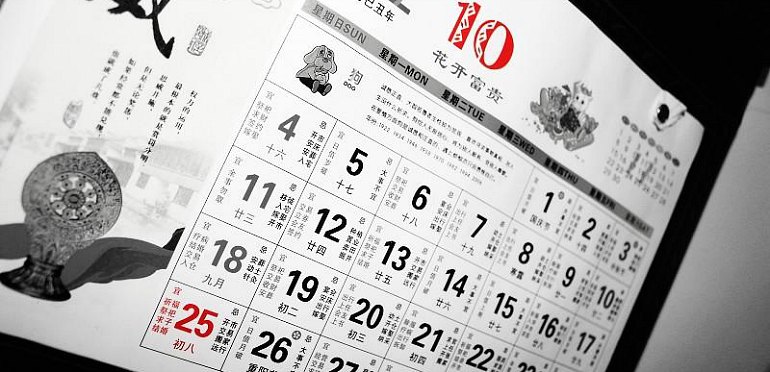
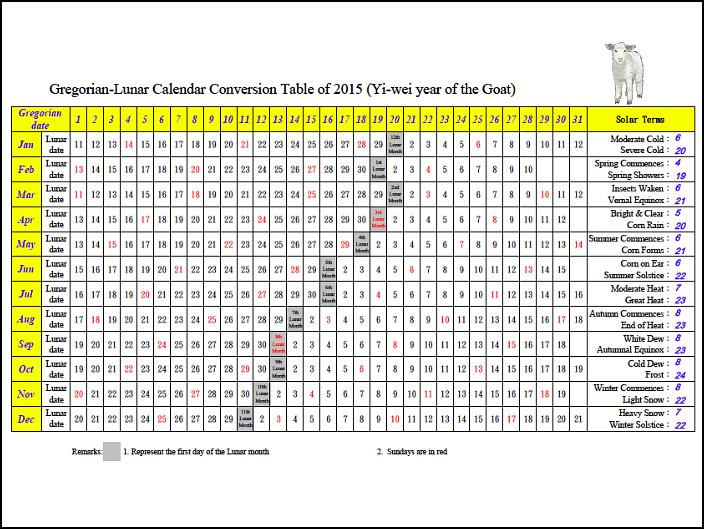
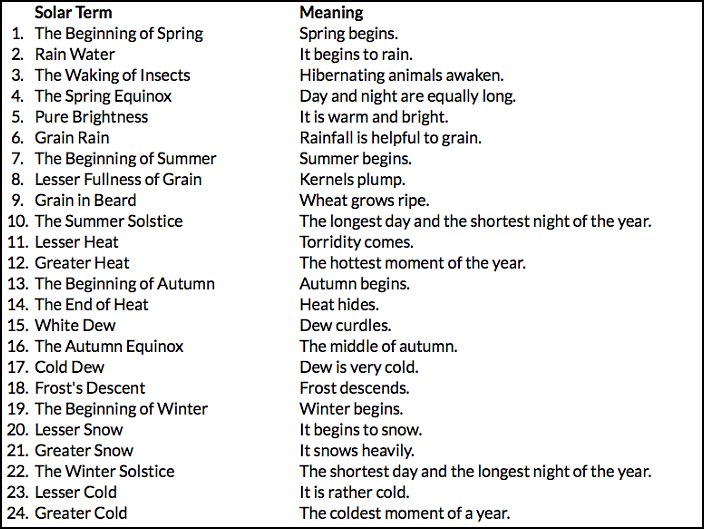
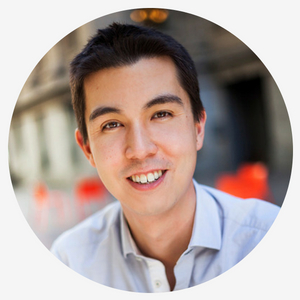
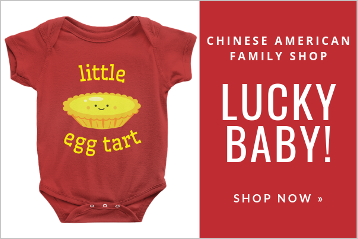

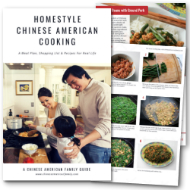
Cristina Alvarado Engfui
Congratulations on your site!
It’s a very friendly and easy to understand page with lots of heartwarming information. I’m Mexican-Chinese from México City; my great-grandfather was chinese. Of my generation I’m the only one following the chinese calendar and traditions. Both my grandmother and mother follow it as well, maybe because we’re all first-born.
I’m so glad I’ve found your page because sometimes some traditions have been forgotten, specially among the Chinese-Mexican community because of the years of the persecution during the early Mexican Revolution and xenophobic practices. For protection, my great grandfather didn’t teach any Chinese language to their children to protect them from being bullied. He was from Toisan.
I go to Oakland quite often because my boyfriend lives in the east bay and I go buy all what I need in Chinatown but people think I’m a tourist because I don’t look chinese enough (lol) and I don’t speak cantonese or mandarin.
Again, congratulations for your page. Happy new year!
Wes Radez
Thank you for sharing your story, Cristina. Really cool to hear how much we share! ~Wes